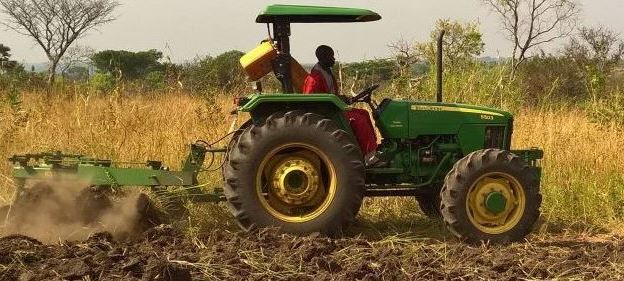The European Union (EU) delegation to South Sudan has reiterated its commitment to boost agricultural production and productivity of farming in Africa’s youngest nation.
The commitment was made during a two-day agricultural extension event that was held from June 19-20 in South Sudan’s capital, Juba.
The event aimed at keeping stakeholders focused on building farmers' capacity and technology transfer, which are essential for boosting production and productivity of farmers to build food security in South Sudan, the EU noted in a statement issued on Friday.
“The EU has been a development partner in South Sudan’s agricultural sector, with support provided to about 100,000 farmers through a development portfolio of more than 260 million euro. We are committed to our mandate to help the South Sudanese people through development support and we will continue to work closely with all our partners for the theme of this conference: Less vulnerability and more productivity,” said Dr. Sinead Walsh, the EU's ambassador to South Sudan at the opening ceremony of the event.
The Food and Agricultural Organization (FAO) deputy representative to South Sudan, Pierre Vauthier described the food insecurity situation in the country as “dire”, but said there is hope for optimism.
"It is extremely important to keep supporting the people who need lifesaving intervention, but even more important is the need to transition from relief to resilience and development where farmers' capacity is developed,” said Vanthier.
He added, “FAO is very determined to continue supporting farmers in the process of transition and to provide support to the government development plans within the FAO country resilience strategy”.
A number of government officials, representatives from United Nations agencies, partner organisations, academia, research institutions, private sector and donors attended the two-day event.
Despite the huge agricultural potential South Sudan possesses, only about 5 percent of the country’s arable land is reportedly cultivated.
According to a recent report released by South Sudan government and three UN agencies, about seven million people – more than half of the country's population – are facing severe hunger.




